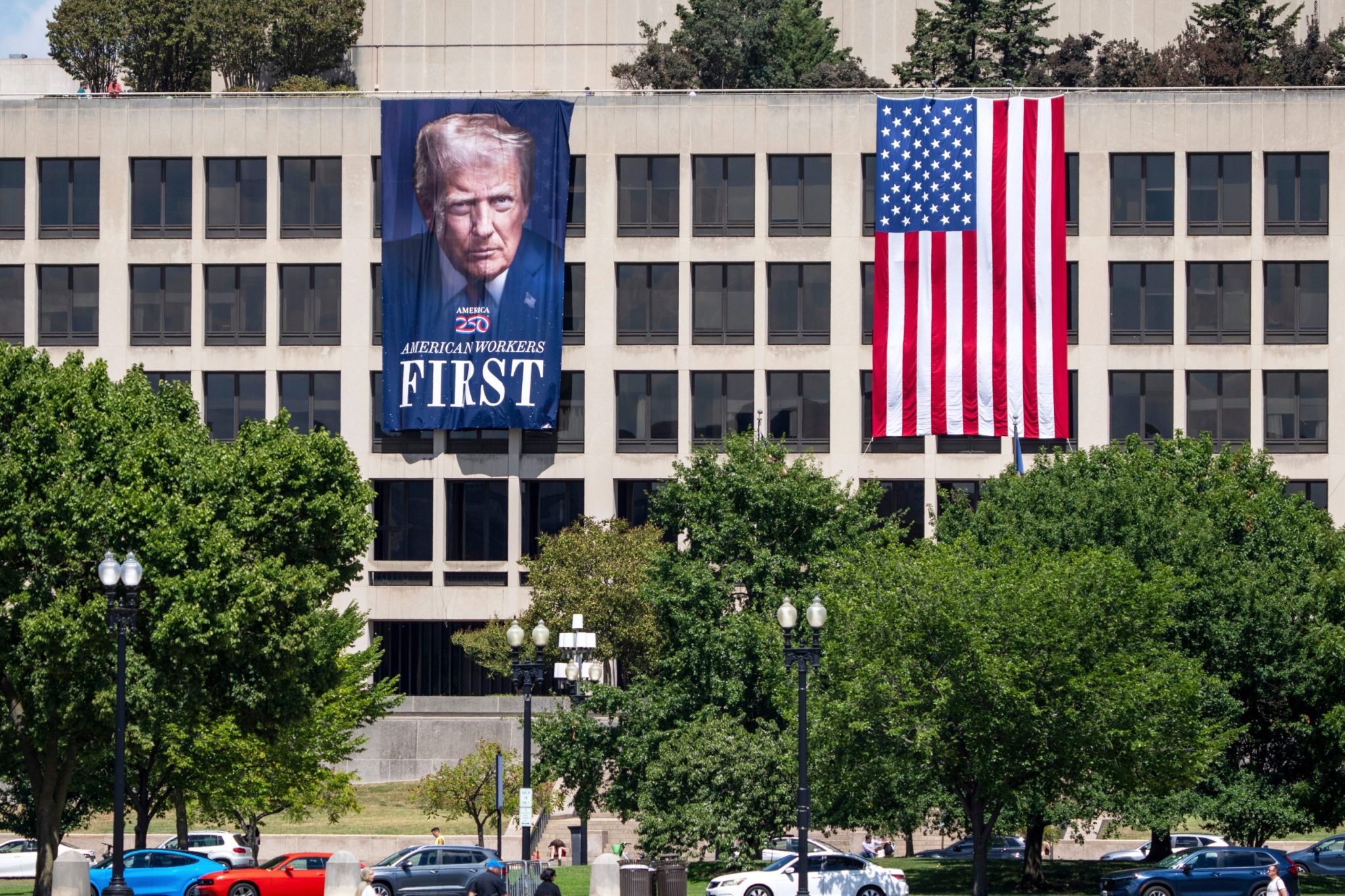Oil Futures Settle Higher in Choppy Trade
PositiveFinancial Markets

- Oil futures settled higher after a volatile trading session, showing resilience despite bearish signals from U.S. crude and product stock builds. The market's focus shifted towards ongoing peace negotiations between Russia and Ukraine, which are influencing trader sentiment.
- This development is significant as it reflects the market's ability to rebound from initial losses, indicating that traders are weighing geopolitical factors alongside supply dynamics. The peace talks could potentially alter the landscape of oil supply and demand.
- The fluctuations in oil prices highlight the ongoing uncertainty in the market, as traders react to the potential for a peace deal that may increase supply. The interplay between geopolitical tensions and market responses continues to shape the oil landscape, with traders closely monitoring developments in the Russia-Ukraine conflict.
— via World Pulse Now AI Editorial System





